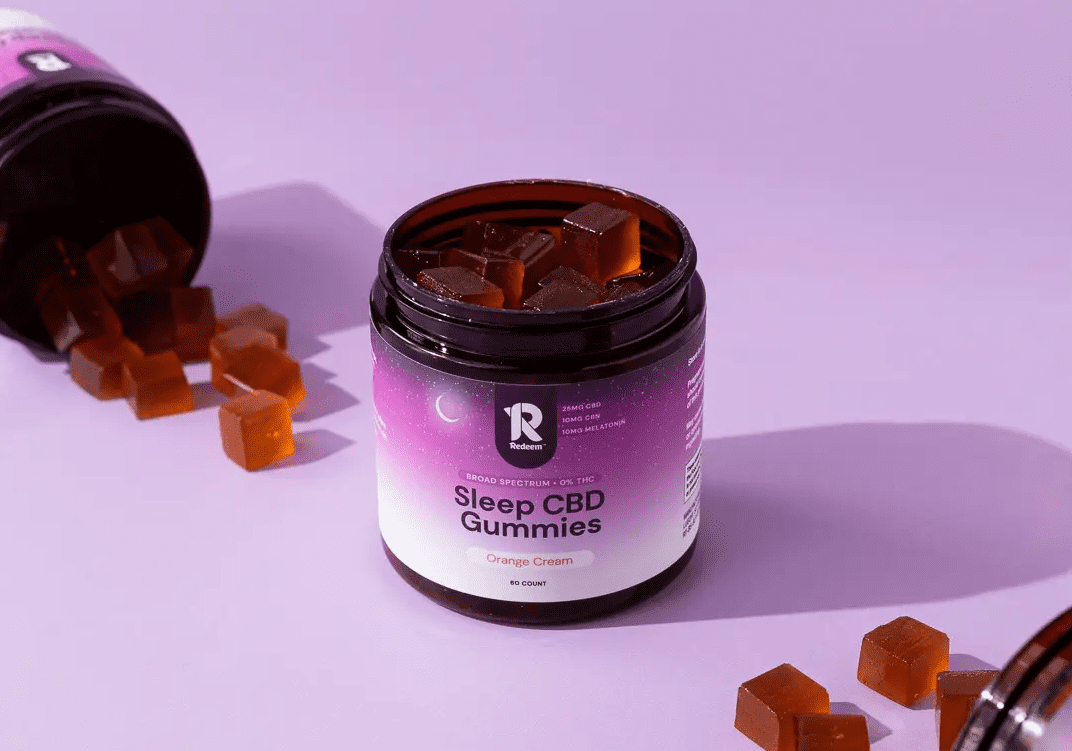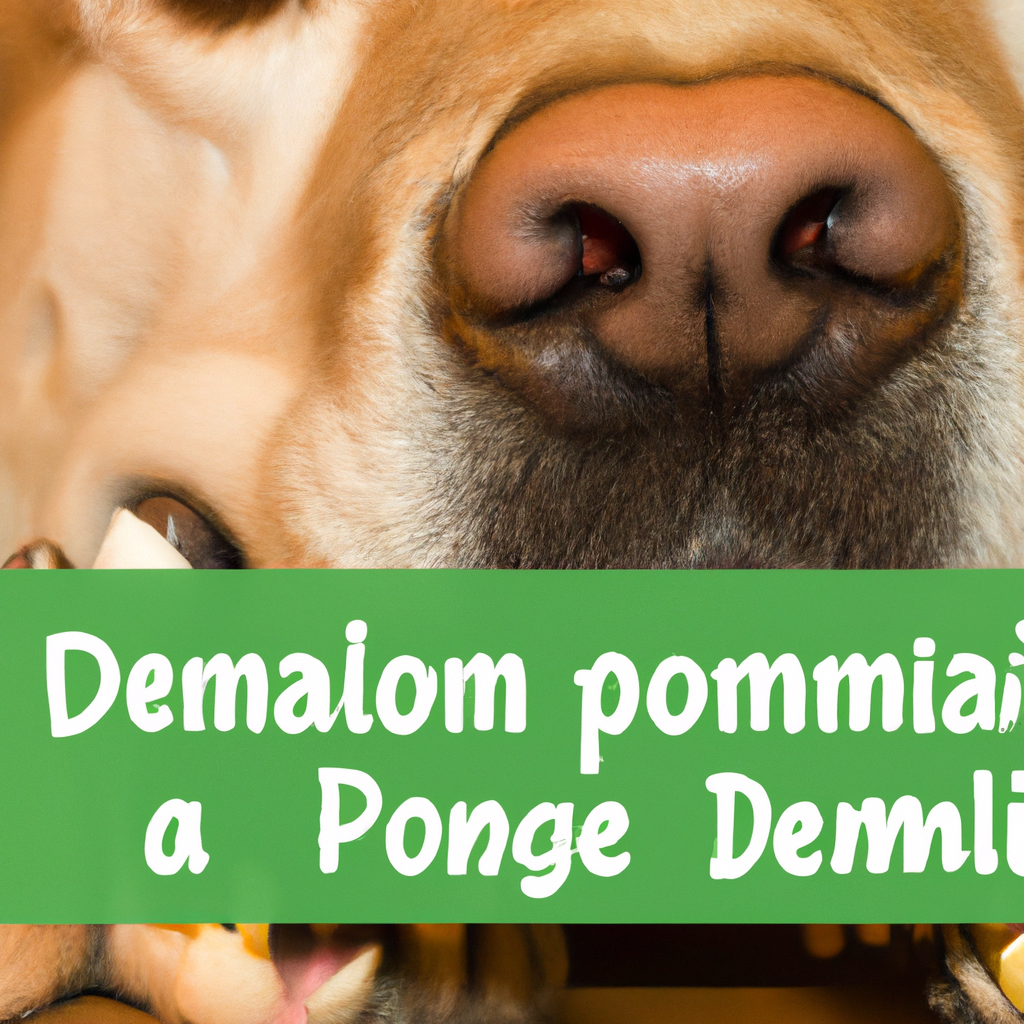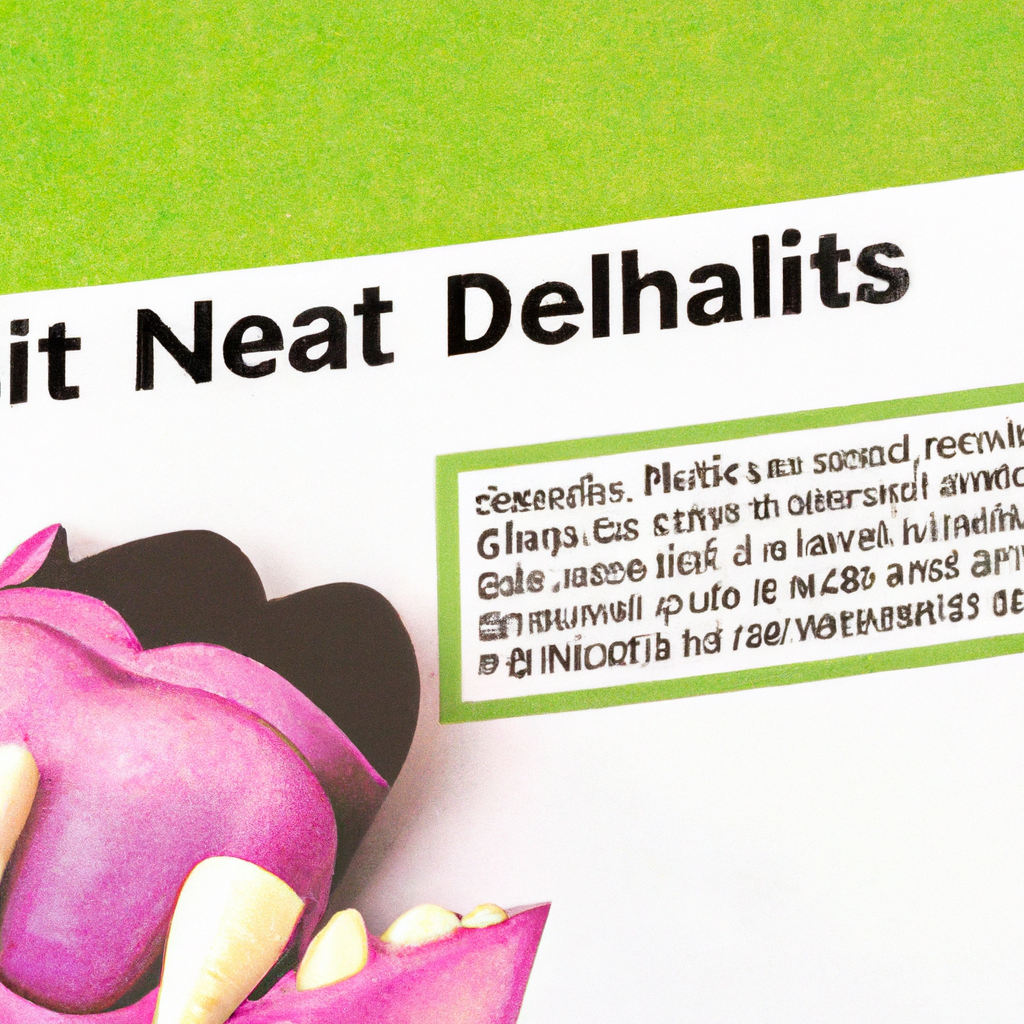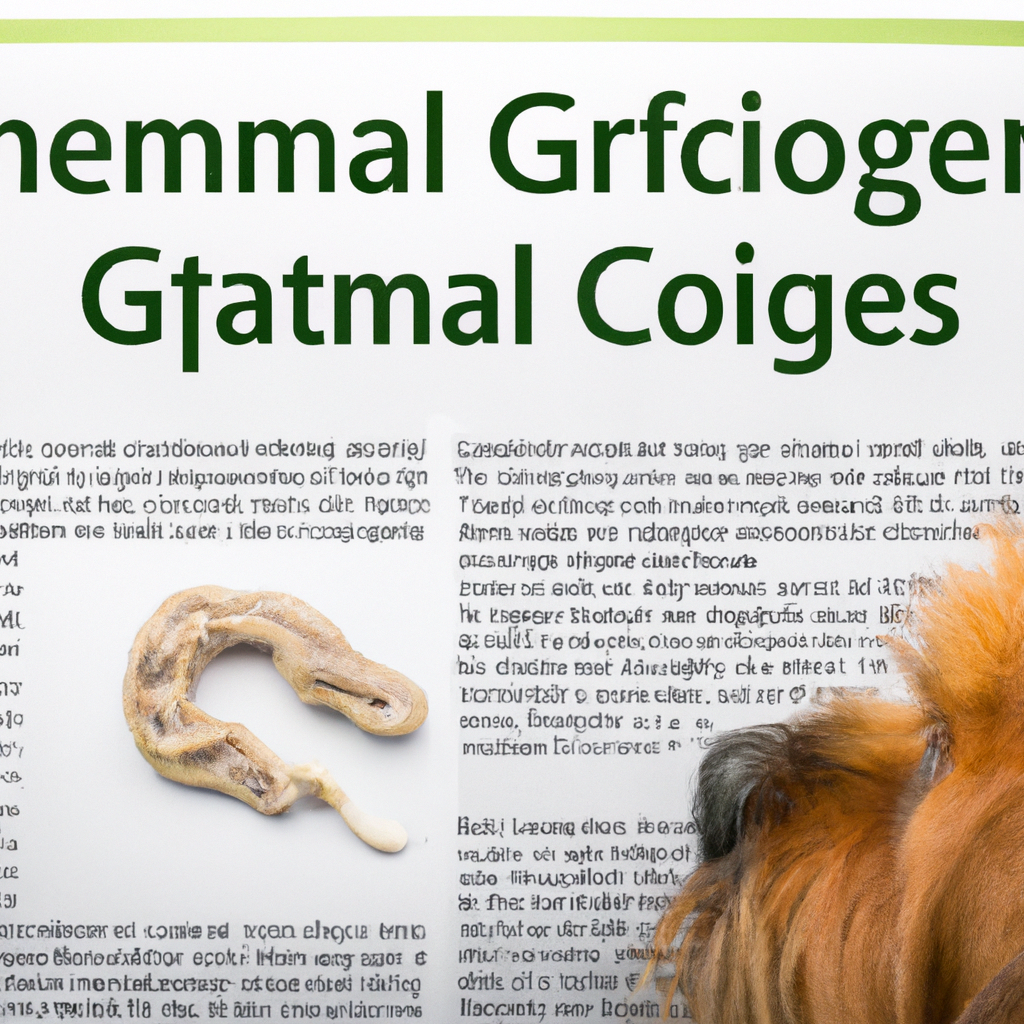Tips for Preventing and Treating Dental Decay in Dogs
Tips for Preventing and Treating Dental Decay in Dogs As a responsible dog owner, it’s crucial to take care
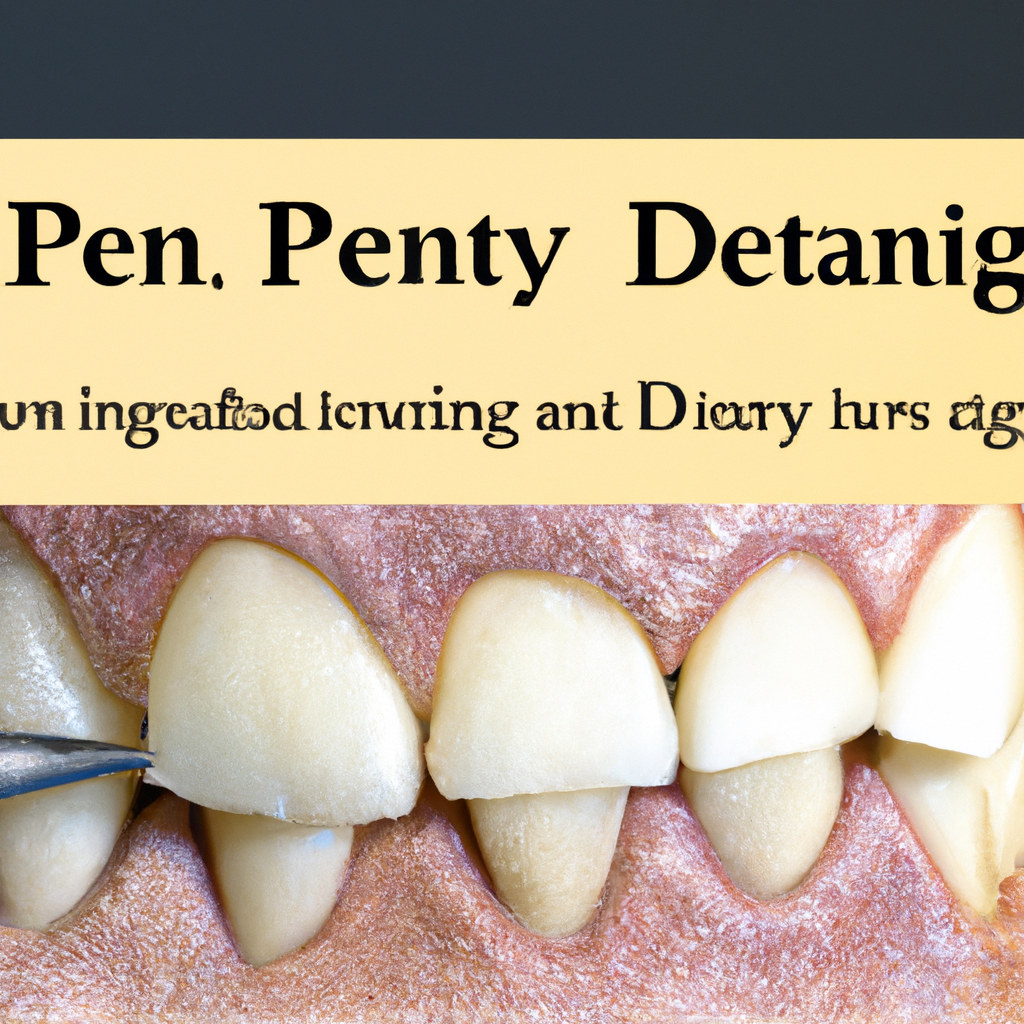
Tips for Preventing and Treating Dental Decay in Dogs

As a responsible dog owner, it’s crucial to take care of your furry friend’s dental health. Dental decay in dogs can lead to various oral problems such as bad breath, gum disease, and tooth loss. To ensure your dog’s teeth and gums remain healthy, here are some important tips for preventing and treating dental decay:
1. Regular Brushing
Brushing your dog’s teeth is essential for maintaining good oral hygiene. Use a dog-specific toothbrush and toothpaste, as human products can be harmful if swallowed. Aim to brush your dog’s teeth at least 2-3 times a week. Be patient and introduce this routine gradually to make it a positive experience for your pet.
2. Dental Chews and Toys
Dental chews and toys are great tools to help keep your dog’s teeth clean. They help remove plaque and tartar buildup while providing entertainment. Look for products that have the Veterinary Oral Health Council (VOHC) seal, ensuring they meet specific oral health standards.
3. Healthy Diet
A balanced and nutritious diet plays a crucial role in your dog’s overall health, including their dental well-being. Opt for high-quality dog food and avoid sugary or sticky treats that can contribute to tooth decay. Additionally, certain foods such as carrots or apples can act as natural teeth cleaners.
“Preventing dental decay is easier and more affordable than treating advanced oral issues. Regular care and preventive measures are key to your dog’s dental health.”
4. Regular Veterinary Checkups
Scheduling regular checkups with your veterinarian is vital to monitor your dog’s dental health. Professionals can detect early signs of decay or gum disease, provide necessary cleanings, and offer personalized advice based on your dog’s specific needs. Follow their recommendations to maintain a healthy smile for your pup.
5. Water Additives and Mouthwash
Consider using water additives or specialized mouthwash for dogs that promote dental hygiene. These products can help control bacteria and reduce plaque formation. Always use veterinary-approved solutions, and consult your vet for the best options suitable for your dog.
Remember, prevention is key when it comes to your dog’s dental health. By implementing these tips and providing proper care, you can help prevent dental decay and ensure your furry friend maintains a beautiful and healthy smile throughout their life.
